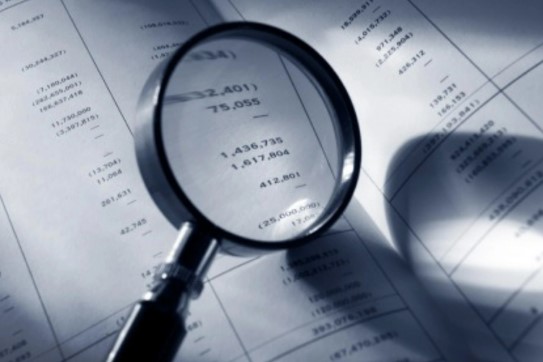When financial mysteries arise, you need clarity and accuracy. This is where professionals like a CPA in Tomball step in, especially during forensic accounting investigations. You stand to benefit from their expertise as these accountants specialize in uncovering financial discrepancies and fraud. They bring a keen eye and a structured approach to uncover truth from complex financial data. They analyze records, identify inconsistencies, and present findings effectively. Without them, uncovering financial fraud would be daunting. These experts provide a clear, unbiased perspective that ensures justice. Their role is significant in offering peace of mind and ensuring financial integrity. You can count on CPAs to navigate intricate audits, ensuring accountability. Their dedication to detail and process-driven strategies leads to successful resolutions. They not only find evidence but also help prevent future occurrences. In a world of financial complexities, their role remains crucial to maintaining trust and transparency.
The Role of CPAs in Forensic Accounting
CPAs in forensic accounting play a pivotal role in examining financial documents to find fraud and illegal activities. Their work involves collecting, analyzing, and evaluating financial evidence. They rely on their expertise to interpret complex financial data. You can trust their findings as they ensure accuracy and fairness in legal situations. They often testify in court, explaining financial data clearly and effectively. This helps in making informed decisions in legal proceedings.
Skills and Expertise
CPAs possess a set of skills that are crucial in forensic accounting:
- Attention to Detail: They meticulously examine documents for inconsistencies.
- Analytical Skills: They identify patterns and correlations in financial data.
- Communication: They present complex information in understandable terms.
These skills make them essential in revealing financial misconduct and ensuring legal compliance. The American Institute of CPAs provides resources and standards that guide their practice, ensuring high-quality work.
Comparison: Standard Accounting vs. Forensic Accounting
| Aspect | Standard Accounting | Forensic Accounting |
|---|---|---|
| Purpose | Maintain financial records | Investigate and analyze financial data |
| Focus | Accuracy and compliance | Fraud detection and evidence |
| Outcome | Financial statements | Reports for legal proceedings |
Impact on Legal Cases
CPAs influence legal resolutions through their comprehensive analysis. In fraud cases, their reports provide essential insights that determine the outcome. Their testimony can sway judgments by clarifying complex financial scenarios. This reinforces their value, as they offer evidence that upholds justice. Their work not only solves current issues but also prevents future financial deceit.
Preventive Measures
By identifying vulnerabilities, CPAs help businesses strengthen their financial systems. They propose improvements that enhance financial security. This proactive approach minimizes risks and protects against potential fraud. Companies benefit from reduced losses and improved trust with stakeholders. CPAs’ recommendations come from a deep understanding of financial systems, ensuring practical and effective strategies.
Conclusion
In a world where financial crimes evolve, CPAs remain a steadfast resource. Their dedication to accuracy and justice is unmatched. You can rely on their expertise to navigate complex financial landscapes. They are not just investigators but also protectors of financial integrity. By involving them in forensic accounting, you ensure transparency and accountability. Their work is essential in maintaining trust in financial dealings, ultimately safeguarding your interests.































